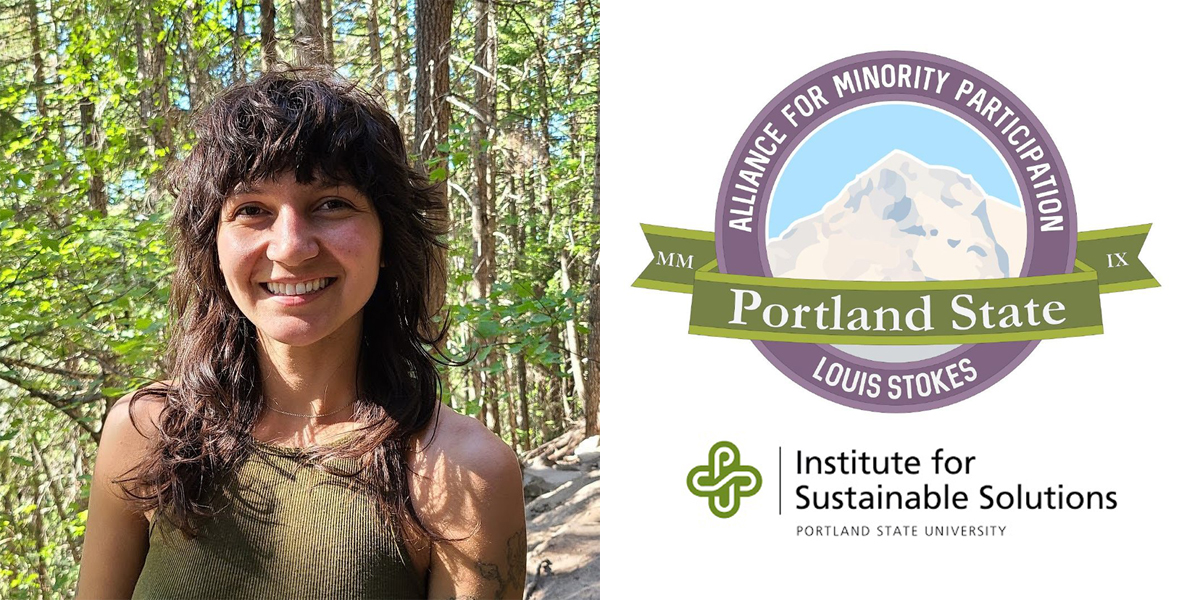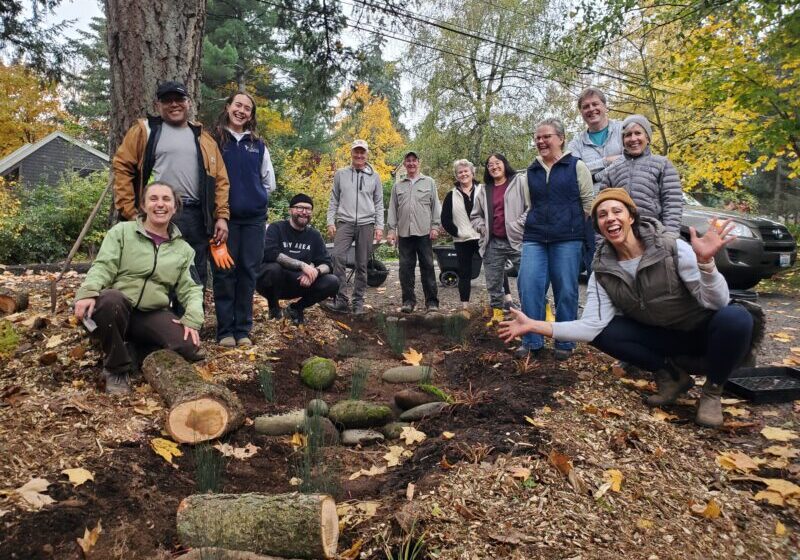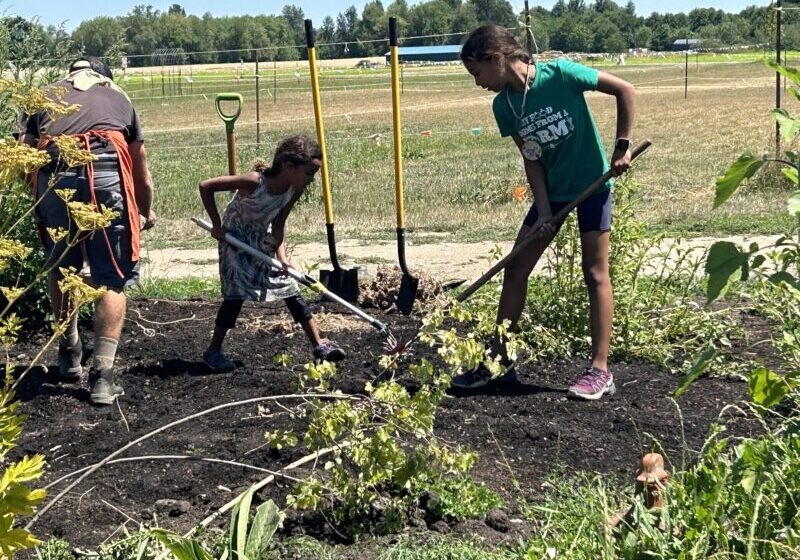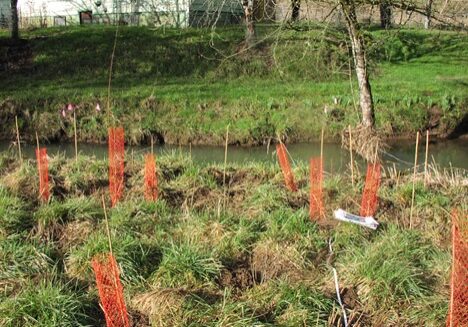West Multnomah Soil & Water Conservation District has been selected to host a Portland State University (PSU) Institute for Sustainable Solutions (ISS) Louis Stokes Alliance for Minority Participation (LSAMP) Climate Change Intern.
The ISS is partnering with the LSAMP program to provide funding for climate change and climate/disaster resilience related internships for the 2021-2022 academic year for historically excluded students underrepresented in science, technology, engineering, and mathematics (STEM) disciplines. The LSAMP Program, a program of the National Science Foundation, has worked since 2009 to increase retention, graduation, and post-graduation success among historically excluded students majoring in STEM.
About the Climate Change Intern
Emma Russell, the Climate Change Intern, is an undergraduate senior at PSU studying Physics. Emma has enjoyed participating in research at PSU’s Climate Science Lab, studying air pollution in Portland and the Pacific Northwest 2020 Labor Day wildfire event. Emma is using her research experience to strengthen the understanding of climate change. Overall, her main study interests are atmospheric science and climate change. The intersection of physics and the environment helps explain changes in all of the earth’s systems, which is important as the climate is actively changing. It is becoming increasingly important to prioritize the incorporation of climate mitigation practices, and Emma is excited to assist with that implementation into the District’s conservation efforts. Outside of studying, Emma is passionate about rock climbing and spends most of her free time out on the rock.
Internship Objectives
The District developed the Climate Change Internship to improve resilience and climate action in our service area, especially for those disproportionately impacted by the changing climate. The plan of action includes researching and accumulating climate change data on its impact to the region, including how it will affect forest health, wildfire risk, native and invasive plant populations, and water resources. In addition to collecting research information, the internship will search for tools that can assist with climate mitigation and resiliency, including promoting soil health, sequestering carbon, incorporating Indigenous land management practices, selecting seed lots, measuring carbon sinks, and mitigating the urban heat island effectHeat island effect Urbanized areas with fewer trees and more pavement that experience higher temperatures than outlying areas. Lastly, the District will strengthen its relationships with new and existing partners that are beneficial resources for various climate change actions to collectively work towards increasing climate resilience. The information gathered during this internship aims to incorporate a climate lens into the District’s conservation planning process.



